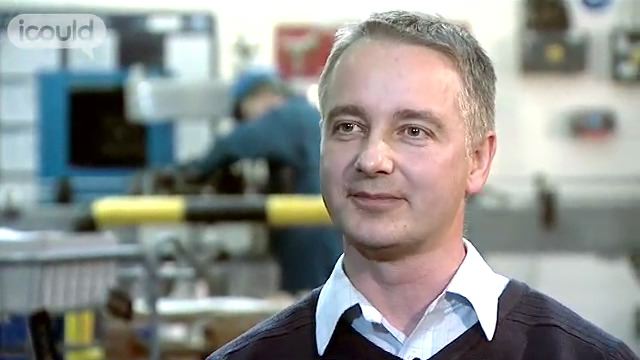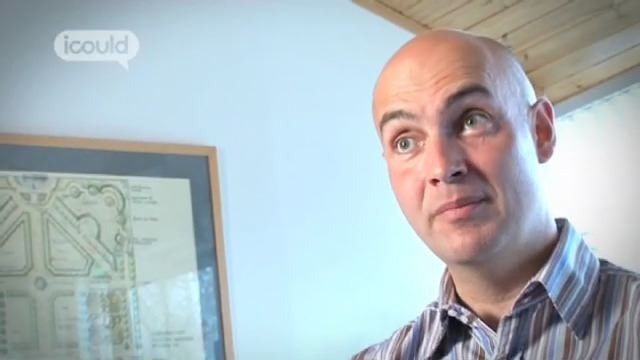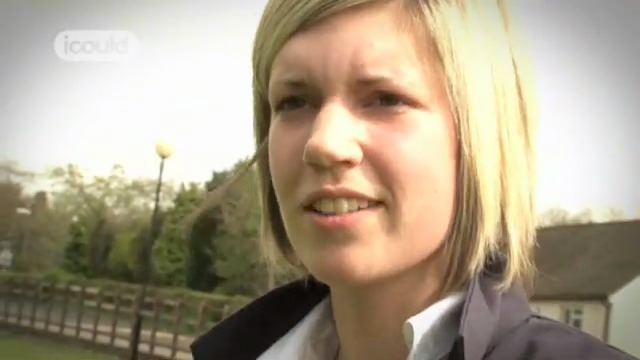Food Technologist and Lecturer
CAFRE
Peter S
00:02 My name is Peter S. I’m a food technologist and I work for the College of Agriculture, Food and Rural Enterprise or CAFRE.
00:10 Oh it involves quite a variety of jobs. At the moment I’m predominantly involved in education, so I’m reaching food technology but I’m also involved in working with the local food industry on numerous projects from, developing new products to helping them design factories to helping them with legislation and liaison with customers. Really, no two days are the same in the, in the life of a food technologist.
00:37 Many years ago I came to the place I’m actually working at on a school trip and I saw the students manufacturing ice-cream and burgers and stuff and juice and things and I was kind of interested in science at school. It always stuck in my mind that that’s what I’d be interested in doing.
00:53 My mother and father both came from agricultural backgrounds. My dad was involved in the agricultural sector, selling farm feeds to farmers. My mum became a teacher but, you know, she was from a farming background so I’ve maybe got little bits of those, those elements in, in, in forming my decisions of what I was going to do.
01:13 I did enjoy school. I enjoyed the school I was at and that was probably the, the reason why I stayed on to do A levels and I enjoyed it. A levels, I thought, perhaps didn’t prepare me for the world of work compared to maybe other qualifications that are available now and the subjects led me on to a fairly academic university course.
01:33 But to get my practical experience I had to be in the workplace, My logic then was that everyone has to eat and it’s probably logic that has seen me through my career and even now the students I teach now, it’s even more important because, of all the manufacturing sectors, the food technology sector, the food industry, seems to be the most robust and there are still employment opportunities there.
01:55 I studied food science at, in Belfast. I left college at the beginning of one of the last recessions, in the early nineties. It was quite difficult to get a job so I worked on a, on a government scheme which paired me up with a local food business for, for a year and I worked for very little but it got my foot in the door and after that year was able to stay with that food company and I stayed in that, in that sector of industry for about four years.
02:28 Well, on my very first day I spent the day in the abattoir of a, of a busy meat-processing plant and I became responsible for putting in all the quality and safety systems that are commonplace in most food factories now.
02:43 I moved to a, another meat-processing plant in fact, probably the, the competitor but I moved into a slightly different field, a, a field which I probably enjoyed most, which was new product development, and that involved designing new products, showing them, to customers and making sure the, all the raw materials were there to manufacture it, so that was a very, very interesting part of it.
03:08 Most people pigeonhole the food technology sector as being white wellies and a white coat and cold conditions and long hours and there are, there are jobs like that which pay extremely well but all around the food industry there’s loads of other jobs, you know, somebody has to, somebody has to develop the new products, someone has to obviously sell it and organise the distribution of it, market it, the product and there’s, there’s quite a few different avenues that I know that, that the students that I teach would, would go down.
03:38 I chose an academic pathway, it suited me, it got me to where, I am now but for certain people an academic set-up isn’t, doesn’t suit them and maybe more of a vocational course may be, may, may get them to the same place.
03:52 END
Peter S is a food technologist for CAFRE. He says, “it involves quite a variety of jobs… at the moment I’m predominantly involved in education, but I’m also involved in working with the local food industry on numerous projects from developing new products ,to helping them design factories, to helping them with legislation. Really, no two days are the same in the life of a food technologist”.
More information about Production and process engineers
The UK average salary is £29,813
There are 37.5 hours in the average working week
The UK workforce is 47% female and 53% male
Future employment
- Studies existing and alternative production methods, regarding work flow, plant layout, types of machinery and cost;
- Recommends optimum equipment and layout and prepares drawings and specifications;
- Devises and implements production control methods to monitor operational efficiency;
- Investigates and eliminates potential hazards and bottlenecks in production;
- Advises management on and ensures effective implementation of new production methods, techniques and equipment;
- Liaises with materials buying, storing and controlling departments to ensure a steady flow of supplies;
- Undertakes research and develops processes to achieve physical and/or chemical change for oil, pharmaceutical, synthetic, plastic, food and other products;
- Designs, controls and constructs process plants to manufacture products.


